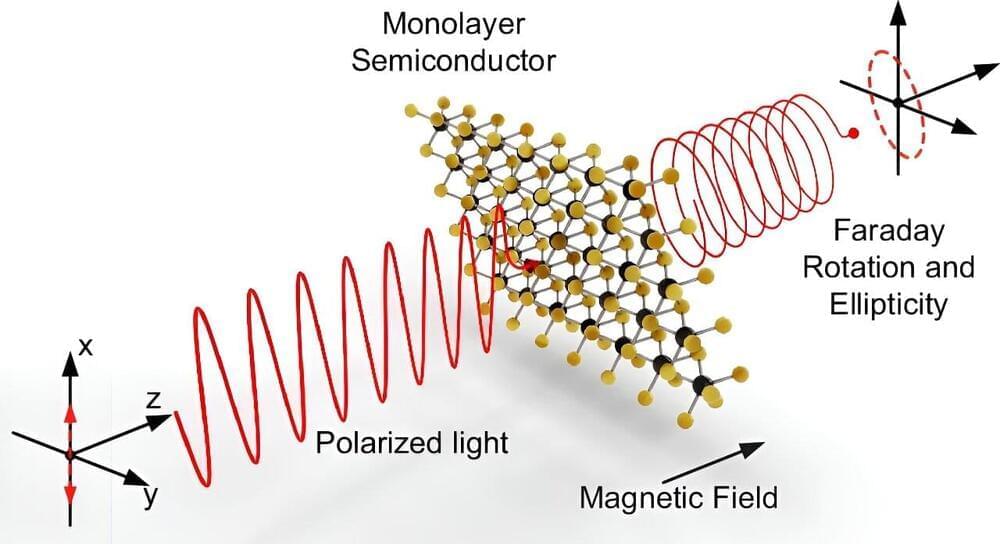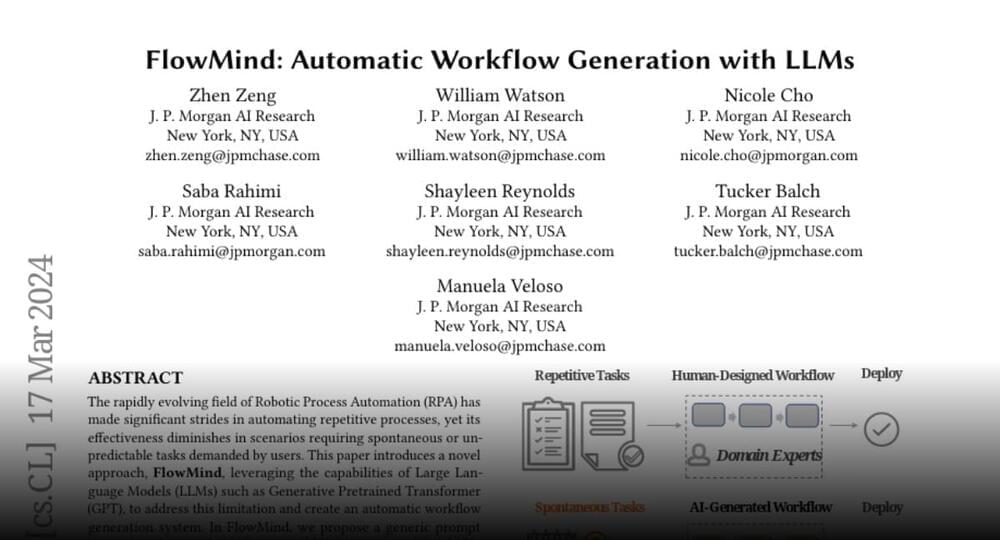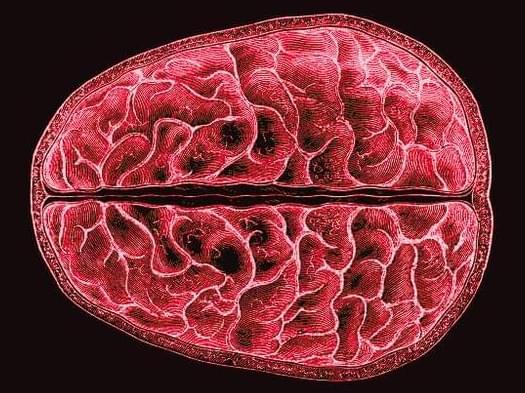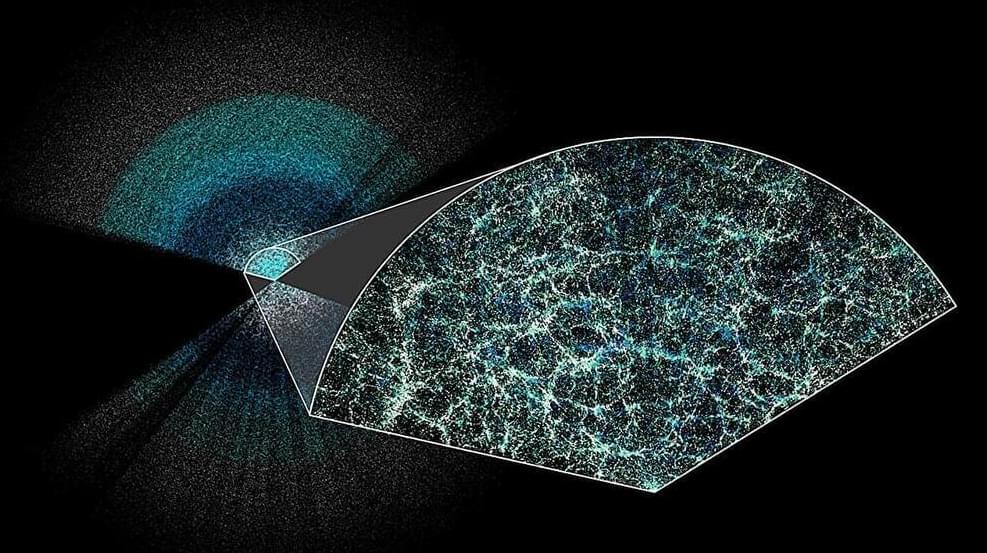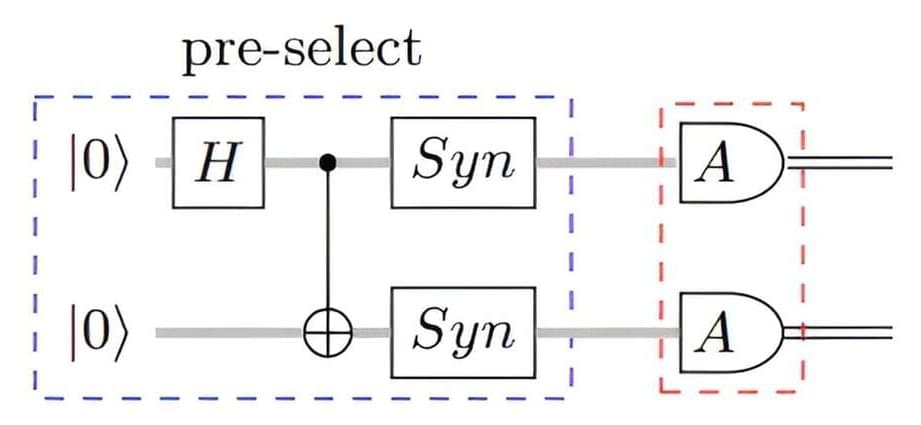Years ago, a man paralyzed in a surfing accident was able to walk again after undergoing a revolutionary stem cell treatment. Now, he says that his mobility has only continued to improve! Chris Barr was one out of only 10 people to undergo this experimental treatment in a study by the Mayo Clinic. It’s safe to say that the procedure was a success for this patient!
“I never dreamed I would have a recovery like this,” Chris said, according to Good Morning America.
Before receiving care, Chris was paralyzed from the neck down, making it unlikely that he would ever walk again. However, a new stem cell treatment from the Mayo Clinic offered hope. He would be the first to try it, with incredible results.

